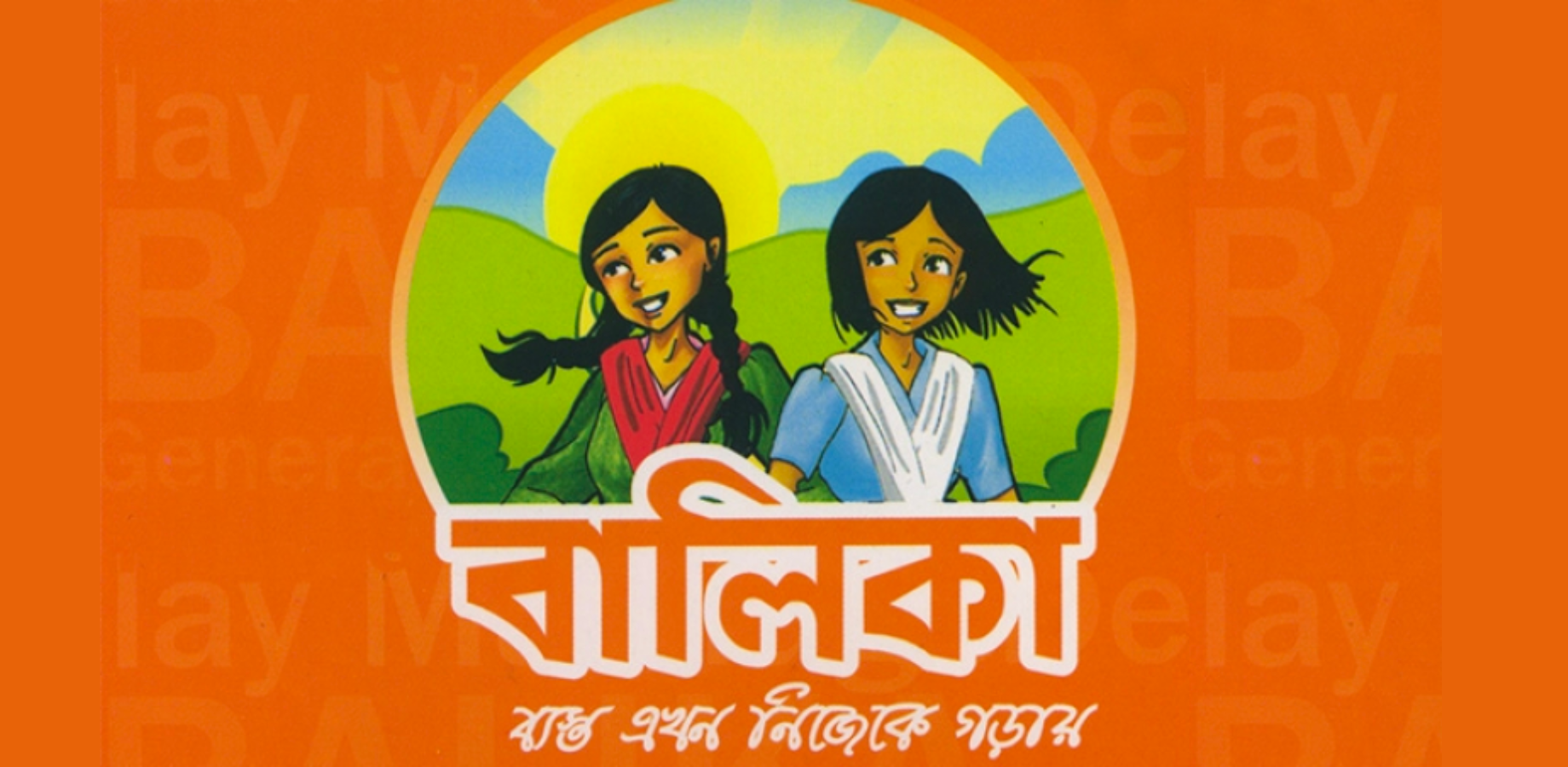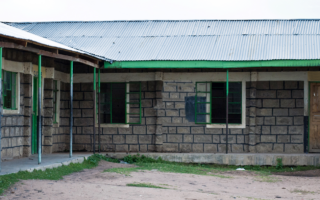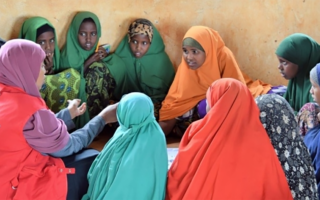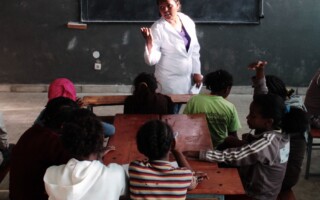
Despite significant progress in many gender and reproductive health indicators, two out of three girls in Bangladesh are married before the legal age of 18. Most become mothers while they themselves are still children. A delayed marriage greatly improves a girl’s chances for a healthy and productive life.
The BALIKA project was a four-arm randomized controlled trial that evaluated whether three skills-building approaches to empower girls can effectively delay the age at marriage among girls aged 12–18 in parts of Bangladesh where child marriage rates are at their highest. All girls participating in the BALIKA project met weekly with mentors and peers in safe, girl-only locations which helped girls develop friendships, receive training on new technologies, borrow books, and acquire the skills they need to navigate the transition from girlhood to adulthood. Girls would use these skills within their communities, helping to build their confidence, demonstrate their achievements, and elevate their profiles.
The program was implemented over an 18-month-period from February 2014 to August 2015. Results found girls who were single at the beginning of the study were one-fourth less likely to be married by the end of the study. In an intent-to-treat analysis, each intervention showed that it was possible to significantly delay child marriage.
BALIKA results show that programs that educate girls, teach them about their rights, and build skills for modern livelihoods can reduce the likelihood of child marriage by up to one-third in Bangladesh and produce better health, educational, economic, and social outcomes for girls.




